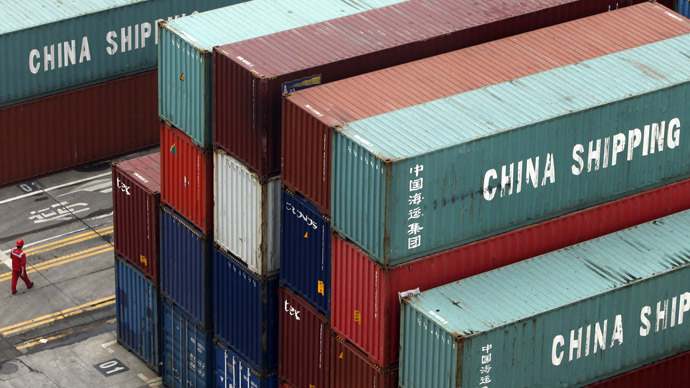The Arctic Council convened in May of this year, under Canada’s leadership, and reached an important milestone: the admittance of China, India, Italy, Japan, Republic of Korea and Singapore as observers on the Council. This article will analyze its commercial reasons for joining the council and discuss how its interests will impact global trade patterns.
A snapshot of the Arctic Situation
In the Arctic, global warming translates into longer ice-free periods during the summer months and, consequently, easier access year round. The world can now enter the largely unexplored trove of resources, from oil and gas to minerals and rare earth minerals so essential in the manufacture of electronics. It is also a lucrative shipping route between Europe, Asia and North America. Shorter journeys that need not traverse the Suez or Panama Canal mean that goods can be transported more cheaply and profitably. The final advantage of the Arctic is that it does not have the security risks other main shipping routes imply. Political collapse in Egypt and piracy make Suez dangerous, while tenuous military flashpoints in the Hormuz Strait or the Korean Peninsula make these areas risky. The Arctic is, in sum, a region of global importance.
Why is China interested?
[captionpix align=”right” theme=”elegant” width=”300″ imgsrc=” http://simpleclimate.files.wordpress.com/2010/08/uga_co2_arctic_ocean_research_release-2.jpg ” captiontext=”Increased access to the Arctic would ensure more secure trade routes for China.”]
China’s expanding industrial economy is fuelled by externally supplied raw materials, as evidenced by its long-term oil and gas contracts with Russia. Beijing’s export-driven economic model depends on foreign economic relationships, like the one with Russia. The main complication is that trade flows come through the Strait of Malacca, the Suez Canal and the Indian Ocean, all of which present serious security threats. These include: the volatility of Iran’s nuclear program, piracy off east Africa, competition with India and the consistent political instability of the Middle East. Additionally, the South China Sea is the site of geopolitical jockeying between Japan, China, Indonesia, Philippines and the overall American ally system in SE Asia. External liabilities threaten the trade patterns the Chinese economy depends on, as well as the stability of the imports of raw materials, but they can be removed through a systemic commercial shift towards the Arctic.
China’s activities in the Arctic are largely focused on scientific expeditions, but they are politically limited by the structure of the Arctic Council since observers can only raise matters for discussion via one of the permanent members. Their inclusion is, however, an important step in involving Beijing as one of the important factors in Arctic politics. Intergovernmental cooperation and economic politics are the two ways in which China could become an active Arctic presence. This political path is also in its long-term interests, because an Arctic shift would remove many of the concerns that currently preoccupy Chinese foreign policy makers.
For the rest of the Arctic states, the political cooperation in the Arctic would hasten the institutionalization of the Arctic Council, as links between littoral and partner countries become stronger and more sophisticated. The centripetal process would not only reduce tensions between countries that often pursue competing interests relative to one another, but may also serve as an examples of regional cooperation for other parts of the world.
The next article in this series is going to focus on China’s specific policy goals with respect to the Arctic.




